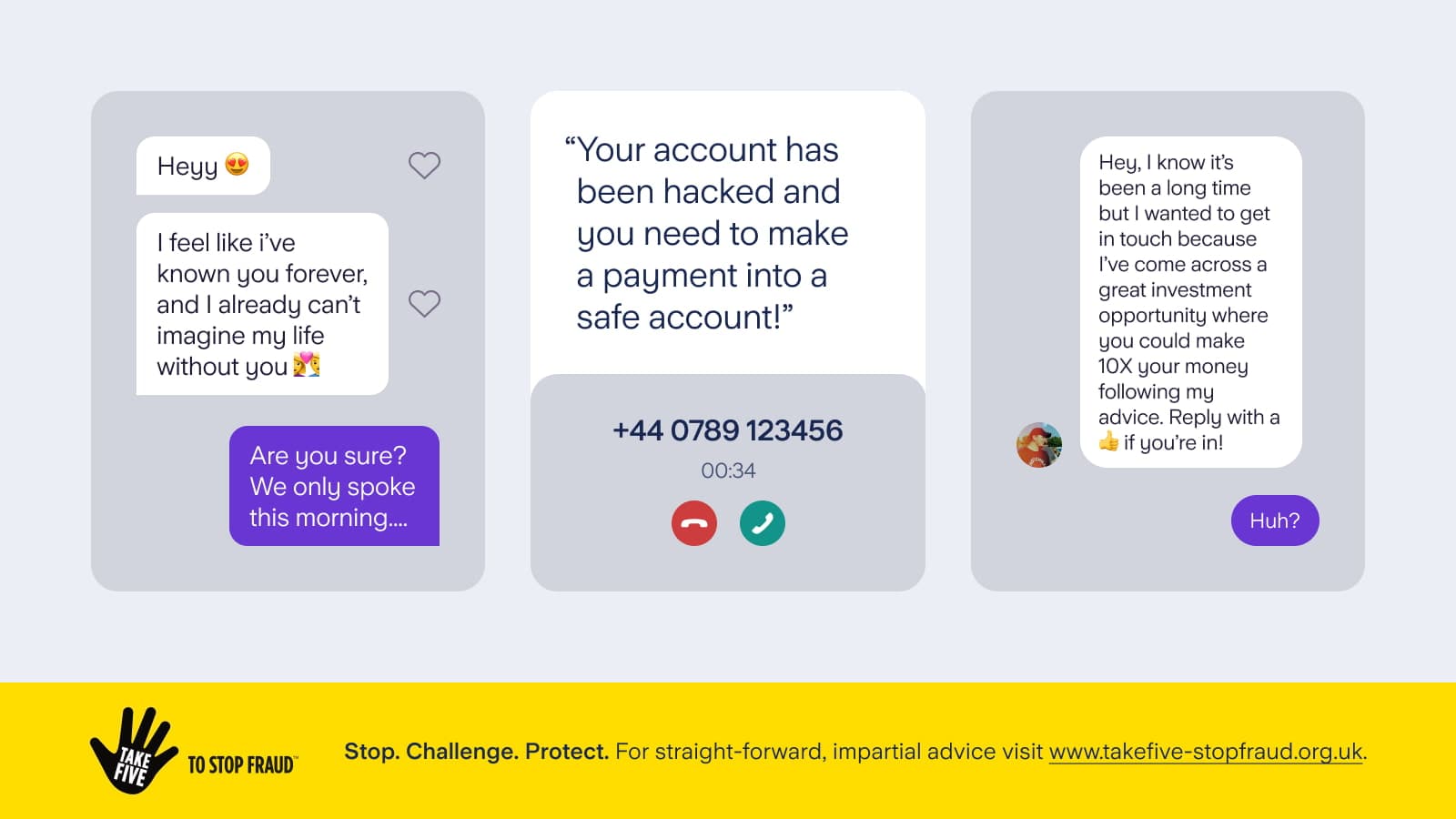
Have you received a telephone call from someone who says your National Insurance number has been compromised? If you do, hang up the phone right away, they’re a scammer.
How does the National Insurance number scam work?
If you’re targeted, you’d receive an automated phone call from the scammers advising you that your National Insurance number had been compromised. You may be instructed to press a number on your phone keypad, at which point you’d be put through to the scammer and told that your National Insurance number had been used to fraudulently apply for benefits.
The caller would then take you through “security” questions in order to gain personal details, and may claim that you’ll be fined or arrested if you don’t provide them on the call. They may even request a payment from you, claiming it’s to stop a warrant they say is out for your arrest. Once all the information the scammer requires has been obtained, they’d advise that a new National Insurance number was being sent out in the post and end the call.
What could they do with my data?
You may be thinking: “What can a fraudster do with my National Insurance number?”. Used alone, not a lot. However used in combination with other personal information obtained from you on the call, or from a data breach, social media or phishing emails, it could be deployed for an array of illicit activities.
It could be used to steal your identity, illegally claim Government benefits in your name, or take out financial products such as loans, which could have an impact on your finances and credit file.
How can I protect myself?
Always question who is calling you if you’re contacted unexpectedly and asked for your personal information. Phone numbers can be spoofed by criminals, meaning calls can appear to come from phone numbers belonging to genuine companies, so never use a phone number or caller ID to verify who you’re speaking to.
A genuine company would not be offended if you wanted to hang up and call back on the number found on their website. Genuine organisations would never call out of the blue and pressure you for your National Insurance number or other personal information.
Remember to be cautious of emails that request personal information from you, as this may be another way in which fraudsters try to get you to hand over personal data. Is an email really from who you think it is? Check out our blog on phishing emails to learn more.
What else should I look out for?
Another way in which criminals may try to obtain your National Insurance number is to set up fake recruitment websites, listing jobs that don’t exist. These sites will request all of your personal information as part of the application process, they may even ask for money or copies of your ID for “checks”.
Make sure you do research on the recruiter before applying for a job - websites like Glassdoor (a review site for employees) will tell you about other employees’ experiences with a company. Also, check for poor spelling and grammar in the job advert itself.
If you think you’ve been a victim of this type of scam, contact Action Fraud and your bank if you think you’ve given out any financial information.
For more scam protection information, make sure you visit our friends at Take Five and be sure to follow them on social media to be kept up to date with the latest trends.



